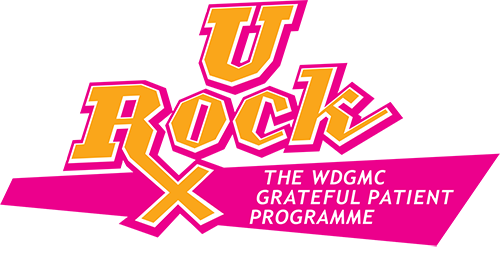
South Africa has the 5th highest burden of TB in the world. TB is epidemic (i.e. very common) and one of the leading causes of death in our country. The joint HIV/TB epidemic affects all socio-economic classes.
Tuberculosis is a bacteria called Mycobacterium tuberculosis. It responds to antibacterial medications (antibiotics) but because it is very slow growing it requires treatment for a minimum of 6 months with multiple antibiotics to achieve cure. TB is most commonly known to cause disease in the lungs (Pulmonary TB) but is in fact also able to cause disease in any other organ of the body e.g. lymph node TB; TB of the brain; TB of the skin and TB of the bone.
TB is difficult to diagnose because of its ability to access all body organs. Ideally, microbiological proof of the bacteria will confirm diagnosis (ie finding the bacteria inside the sputum or lymph node or other organ) but this is not always possible and sometimes a diagnosis is made based on symptoms, without proof.
TB is curable, and if a person is also HIV infected, it’s advised to treat both the TB and the HIV to achieve the best outcome. This means lifelong Antiretroviral treatment and TB treatment for the appropriate length of time.
TB can occur at any age, in any person. It’s seen in newborns who have acquired TB from their ill mother’s placenta; or older children who acquire it from a caregiver; or adults and pregnant women, in rich and in poor communities, in HIV + and HIV -.
Generally TB is spread through coughing: the ‘droplets’ of sputum carry the bacteria and may be breathed in by a person nearby. That person may become infected with TB (the TB bacteria is internalised and begins to grow) but if they have a robust immune system, they may never become diseased (ill) because the immune system may isolate the bacteria. If, however, the person has a vulnerable immune system (as in HIV positive people, Diabetics, elderly, young children, cancer patients, autoimmune illnesses) they may go on to become diseased and get sick. We say they have TB and require TB treatment.
An HIV positive person is more likely to develop the severe forms of TB (extrapulmonary) because of their weakened immune system. As this TB is more severe, more widespread, and takes longer for the medications to clear, the treatment course can be up to 2 years long to achieve full cure.
All children receive the BCG vaccine at birth in South Africa (but not in Europe and the Americas). It’s a live vaccine given to stimulate the baby’s immune system to build antibodies to protect against TB. The vaccine is protective against more severe forms of TB (like TB meningitis and TB lymph nodes) but not considered effective against Pulmonary TB. A person who’s infected (but not diseased) or has a TB contact may take a 6 month course of Isoniazid (an AntiTB drug) to prevent TB.
Find Doctors, Services, Specialities